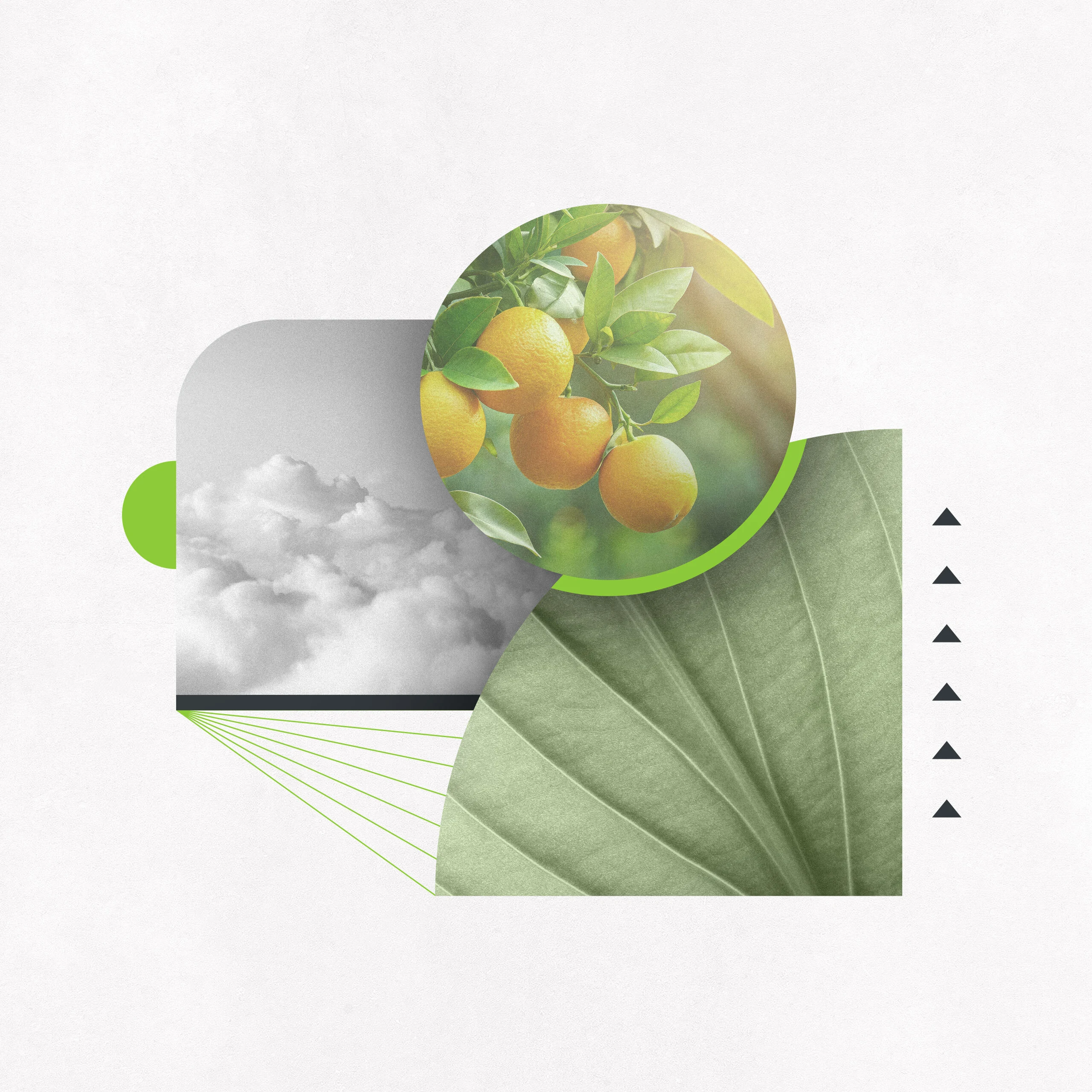What Is the Fruit of Patience?

I have been saying for years that living in a “microwave age” has decimated the biblical virtue of patience. Back when I was a tea drinker (I have long since given over to coffee), it was always a frustration to receive a cup of hot water that had been heated in a microwave. It was as if the heat had been injected into the water, not that the water itself had been heated properly to a boiling point. And you might agree that microwaved water does not seem to hold its heat as long. Boiling water demands more time, more energy, and patience. But only with that longer process can the tea be made properly.
So it is with patience. The Scriptures are replete with references to “waiting for the Lord” (see Ps. 27:14; 31:24; 33:20; 37:9, 34; 130:5–6). Conversely, we are repeatedly warned by bad examples of people who refused to wait (see Saul in 1 Sam. 13, and an Israelite king in 2 Kings 6). It’s a trite aphorism to say, “I want patience, now!” But another more positive aphorism says, “Good things come to those who wait.”
That said, we live in an age of instant gratification. We are immersed in the catechesis of the “world” (that rebellious mindset and behavior contrary to God’s created order and God’s intention for His children). This culture says, “Get what you want, when you want it.” Such a mindset works directly against the Spirit’s fruit of patience.
The biblical fruit of patience can be illustrated in the everyday task of growing plants. We bury the seed, water it, perhaps add fertilizer, and wait. Eventually something emerges and slowly sprouts. One cannot rush the fruit of the vine, nor can we rush the fruit of patience. It must be cultivated slowly with much labor and attention.
Self-denial is a key ingredient for patience. Too often, we want the satisfaction immediately, and we can, at times, rush a process in order to achieve that satisfaction more quickly. But the result is never quite as satisfying as waiting patiently for the process to run its course and yield the fruit at the end. Only with time can true satisfaction be enjoyed most fully. We understand this in areas of sport, art, or music. The athlete must master a skill by working and straining repetitiously for months and years. The musician trains the body to accomplish the fine, nuanced skill of playing the instrument through constant practice. The artist gains perspective slowly, eventually yielding the ability to see in order to paint or sculpt, but this takes years to perfect.
Patience is a mark of maturity.
In our lives as God’s children, sanctification comes only through a lifetime of seeking, reading, suffering, and walking forward in what many have called a “long obedience in the same direction.” The fruit of patience is a most necessary virtue in this pursuit of holiness.
In God’s providence, almost nothing of eternal value is learned or gained from instant gratification. Rather, the most meaningful lessons and maturity come through suffering, hardship, and even through loss and deprivation. Such times of hardship and loss cause us to lean more heavily on our Savior and to wait for His timing.
Patience is a mark of maturity. We all can agree that little children lack patience. They have not yet learned that self-denial is a human necessity. The spoiled child gets whatever they want without the hardship of work and waiting. But with decades of living, growing, learning, and waiting, we hope that patience sets in and they see that good things require time and patience.
Even children come to understand—with time—that the satisfaction of attaining that long-awaited item is far richer and the contentment far deeper only after time and patience have done their refining work in our souls.
In Hebrews 12, the author reminds us that earthly fathers, as imperfect as they are, discipline children they love. So much more does our heavenly Father discipline us “that we may share his holiness. For the moment all discipline seems painful rather than pleasant, but later it yields the peaceful fruit of righteousness to those who have been trained by it” (Heb. 12:10–11).
May God give us grace to trust in the One who seeks to see in us a peaceful fruit of righteousness gained through His careful cultivation of patience in our souls.


